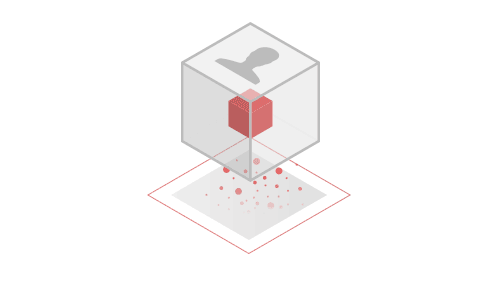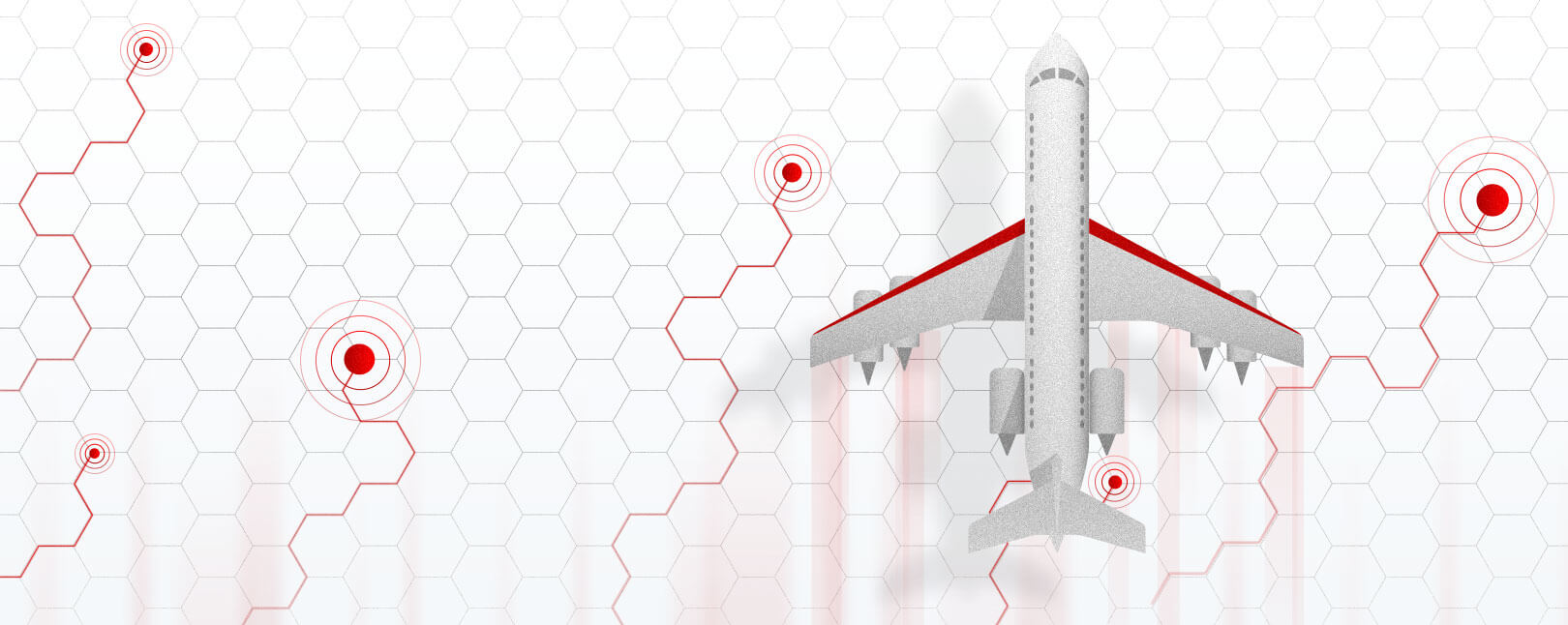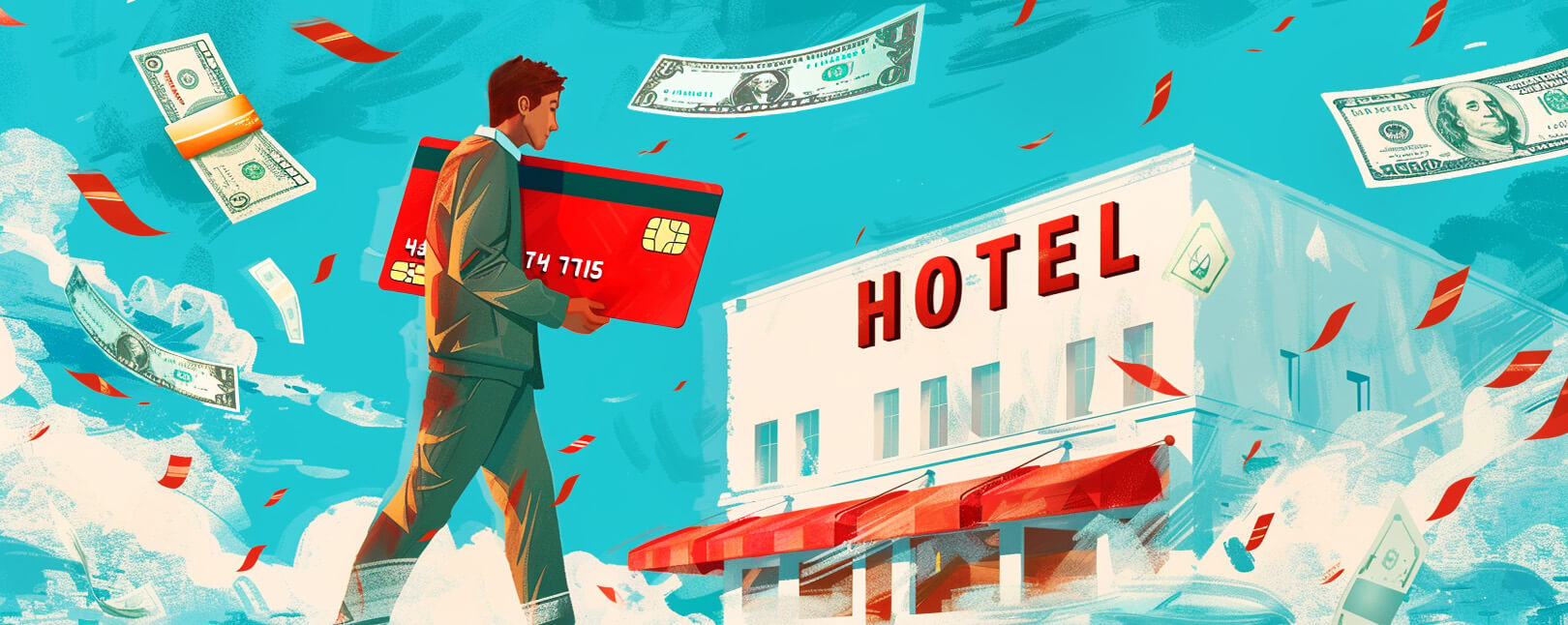4 Ways Blockchain Could Revolutionize the Travel Industry
What if there were a way for airlines to increase profits and significantly reduce operation costs, all without sacrificing the level of service delivered to customers?
It sounds too good to be true, but it’s actually a very simple solution: the answer lies in the blockchain.
Blockchain: Not Just for Banking
In a recent post for the IATA blog, Senior VP Aleks Popovich laid out his case for adopting blockchain payments in the airline industry. As he explained: “IATA’s financial settlement systems handle around $400 billion per year. Of that, around $7.7bn goes in banking fees…more than 20% of the estimated net profit of the entire global airline industry in 2016.”
Popovich argues that the airline industry could substantially reduce the amount airlines pay in interchange and other fees if they adopt blockchain payments.
This is true; as we discussed in our feature on blockchain banking, the distributed ledger model simplifies the payments process. With less back-and-forth motion and fewer parties involved in the process, blockchain technology makes for a faster, more efficient payments ecosystem.
Of course, banking isn’t the only application for blockchain technology in the travel industry. Russian carrier S7 is now using blockchain to issue tickets. Employing blockchain in the recordkeeping process could completely change the way in which airlines verify, track, and secure their operations.
The fact that it is such a simple, yet widely-applicable tool is what makes it stand out from the other recent FinTech trends. Below, we’ve assembled just a few of the most game-changing roles for blockchain technology that may become reality in just a few short years:
#1. Security & Identification
Ensuring security is a very serious matter for airlines. However, an industry-wide adoption of blockchain technology in the security process could make screening passengers much faster and more reliable.

Blockchain information can be updated and recalled quickly because of its distributed nature, but can only be edited by consensus among all the points in the chain. This can enable a database of travelers which, when combined with biometric technology, creates a multifactor security process. Travelers can use a fingerprint or other biometric scan to verify their identity against the database, dramatically simplifying security procedures and making the process safer at the same time.
The Government of Dubai first announced plans to implement such a system back in June 2017 for seamless, “digital passport” entry. If successful, it may not be long before passengers all over the world are using similar technology to verify their identities before or after their flight.
The Next Revolution in Data Security is Here.
Discover how air carriers can substantially increase revenue and protect the bottom line. Click below to get started.

#2. Loyalty Programs
Loyalty programs and rewards are very important to keep customers coming back to a carrier year after year. The problem: customers often don’t have as much insight as they’d like into their available loyalty points.

If those points are tracked and stored in a blockchain, though, customers could have instant access to their balance, and can redeem points immediately like cash. Tokenized loyalty benefits allow customers to use their value immediately, rather than holding on to it and waiting for value to accrue.
Carriers can provide more options and flexibility, benefitting their customers as well as the business. They can boost relevance and increase sales by making targeted, limited time offers to customers. Plus, blockchain adoption can throw a wrench into fraudsters’ plans by making it much more difficult to commit loyalty program fraud.
#3. Tracking Luggage & Cargo
Luggage is handed-off by many different parties during air transit, and it’s not uncommon for something to get misplaced from time to time. Using a blockchain to log the movement of each item enables carriers and their customers to benefit from a better workflow.

Improved tracking determines who is responsible for each item at any point in the process. With real-time visibility, customers could even view where the item was last logged and doublecheck that their baggage made it onto the plane.
That’s great for passengers concerned by the prospect of their suitcase getting lost in transit, but it’s even better for commercial shipping via air cargo. A blockchain could cut down on paperwork, processing time, and the associated overhead, saving precious resources and money. This could revolutionize global trade—as well as cross-border eCommerce—by making air cargo a significantly simpler and more cost-effective process.

The Essential Guide to Global eCommerce
Our new whitepaper takes a close look at eCommerce practices around the world. We carefully examined data on markets from Africa to Asia and beyond, all to assemble a thorough, predictive picture of where eCommerce is headed over the next several years.
FREE DOWNLOAD#4. Managing Chargebacks
We’ve already mentioned in our rundown of blockchain basics that blockchain payments are not reversible in the same way as ACH payments. They’re not eligible for chargebacks without the blockchain’s consensus. As great as that sounds, remember: payments are not the only application here. Blockchain can fill a valuable role in mitigating ACH payment chargebacks, too.
Compelling evidence is the backbone of a winning dispute case. Unfortunately, the complicated process of tracking, identifying, and presenting necessary evidence makes chargebacks very hard to fight. Organizing and cementing all that information in the blockchain, though, would make it much easier.
Tracking pertinent transaction data can be achieved more efficiently.
There’s a great deal of uncertainty surrounding new developments like the EU’s General Data Protection Regulation, and how that will impact the tracking of transaction data. With a blockchain, the raw data may still be tokenized and kept for data profiling even if customers act on their “right to be forgotten.”
Want to Learn More About Blockchain & Chargebacks?
Blockchain has applications at every level of the airline industry, from national security and more efficient global trade to simply improving a business’s bottom line.
Have more questions about how blockchain technology can help prevent chargeback scams both in the air and on the ground? Click the link below and start saving today.









